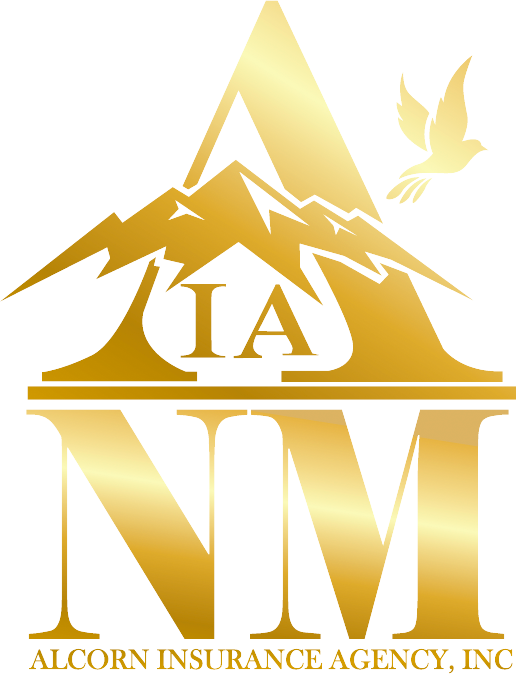Commercial Property Insurance: Liability in Neighbor Incidents
Jul 16 2025 15:00

In the bustling world of commerce, businesses face numerous risks, not the least of which revolves around property. Specifically, commercial property insurance plays an indispensable role in safeguarding businesses from unexpected property damage and liability concerns. However, the landscape of determining insurance responsibility in cases where damage affects neighboring properties is not always straightforward. This complexity is particularly pronounced when events entail natural disasters, negligence, or unforeseen structural failures. Understanding how commercial insurance policies handle such situations can significantly bolster a business’s financial resilience.
Who is responsible if a tree falls onto my commercial property?
If a tree from a neighboring property falls onto your commercial property due to natural causes like a storm, wind, or lightning, your commercial property insurance usually covers the damage. However, if the tree's fall results from negligence—perhaps it was diseased or improperly maintained—the neighbor’s liability insurance could potentially cover the expenses. Proving negligence remains key in such scenarios. It's crucial to note that most commercial insurance policies do not cover tree removal unless the tree causes structural damage.
What if my neighbor’s property causes flooding on mine?
Standard commercial property insurance typically does not cover flood damage, even if the water stems from a neighbor's property. To safeguard against such incidents, businesses must acquire separate flood insurance. If the neighbor's negligence, like poor maintenance of drainage or ignoring a burst pipe, results in flooding, their liability insurance may cover the damage, though establishing negligence remains challenging. In situations where a pipe bursts on your insured property, most policies cover sudden breaks but exclude damages from neglect, poor maintenance, or freezing without precautions. Coverage for sewer backups often requires a separate endorsement.
What happens if a fire from a neighboring property spreads to mine?
When a fire spreads from a neighboring business, the affected business’s commercial property policy will generally cover the resulting damages. If it turns out that negligence, such as fire code violations by the neighbor, contributed to the fire, their liability insurance might help cover some losses—although liability must be proven for this coverage to apply.
Who pays for debris removal after a disaster?
In cases where a neighboring property is deemed liable for the damage, their liability insurance might include debris removal. Again, proving negligence is essential here. If your commercial policy covers the damage, debris removal is often included, albeit with coverage limits. However, in events like flooding (without separate flood insurance), coverage for debris removal will likely also be excluded.
Will my insurance cover business losses if I have to shut down?
Business interruption insurance may compensate for lost income if a business closure is due to fire or storm damage, provided this coverage is part of your policy. However, closures due to flooding are not covered under standard business interruption policies unless caused by a peril covered within the policy.
Ensuring a comprehensive understanding of commercial insurance policies and their interactions in neighboring property claims is crucial. Regular reviews of your policies, consideration of additional coverages—like flood and business interruption insurance—and consultations with insurance professionals are prudent steps to securing adequate protection for your business.
